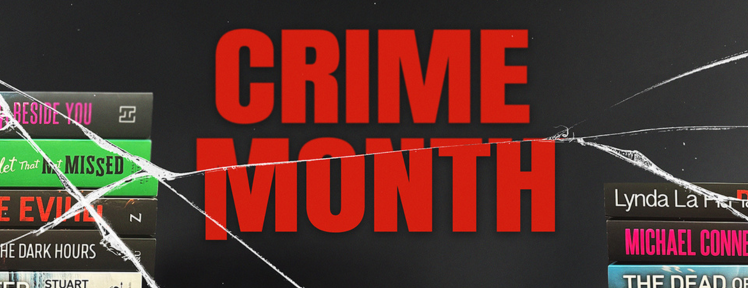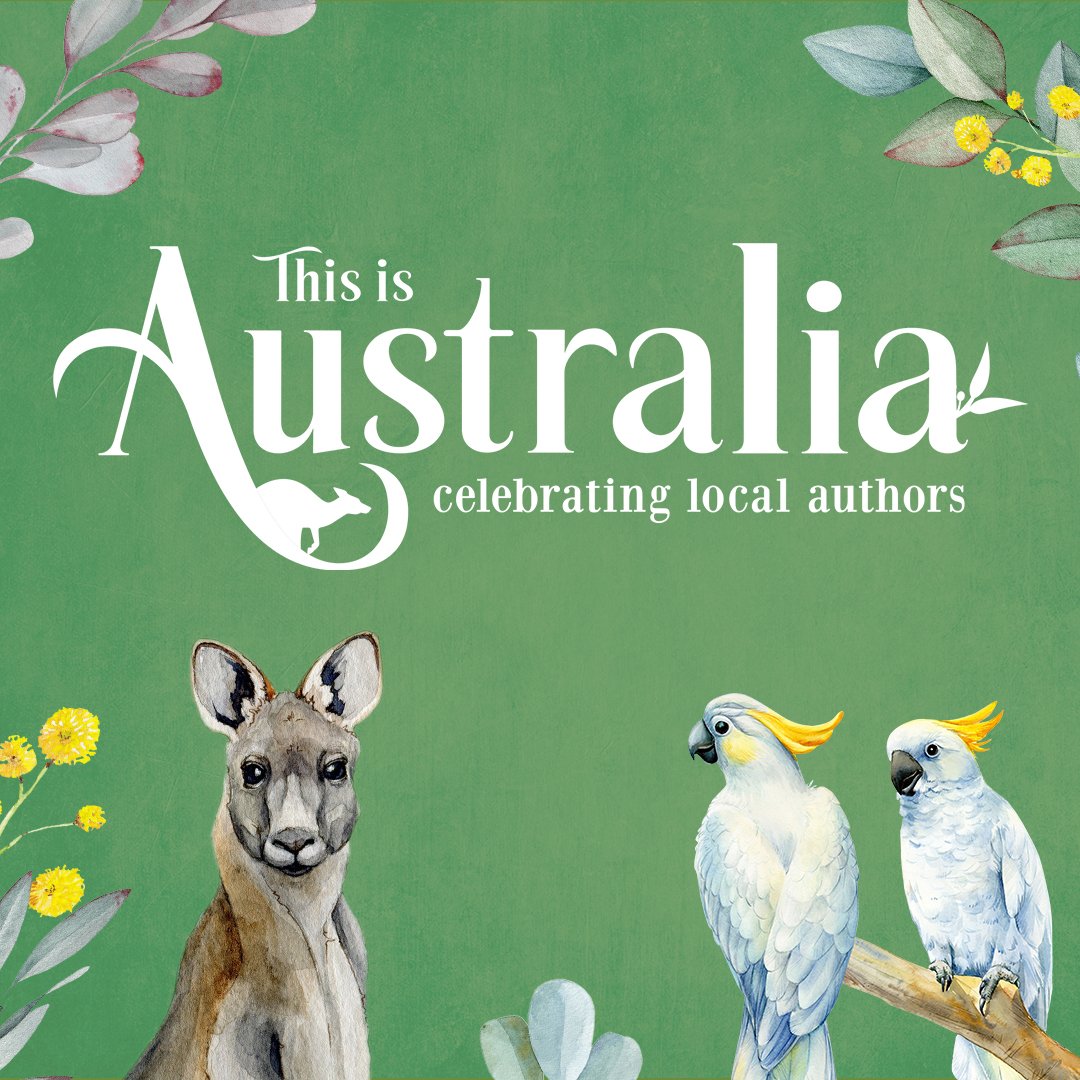Cameron Nunn is an English and History teacher in Western Sydney, where he lives with his wife Belinda. He has a PhD from Macquarie University in child convicts and was awarded the NSW Premier’s History teacher’s scholarship to research child convicts in the archives in London. Echo in the Memory is the result of that research, and today Cameron is on the blog to tell us about his approach to writing historical fiction for teens.
Read on …
I love history. I’m not particularly interested in wars or kings or important dates. For me, history is the lives of ordinary people; the people who lived, and loved and hoped, who passed on their dreams to their children in an unbroken thread that leads to you and me. It is the shared sense of humanity that binds the present to the past. I remember holding a Roman coin once and thinking, a man bought a fish with this or a woman paid a shopkeeper with this same coin. It is a time-traveller from the past linking me to a long-forgotten life but one that was very real.
Australia is full of ordinary lives; of First Nations peoples, of convicts, farmers, soldiers and workers. It is a land of hope and grief. The role of the historian is to build empathy and understanding with these people, to help us understand how we are linked by a common story.
Echo in the Memory is certainly not the first child convict story but perhaps what sets it apart is the research that underpins it. When I started writing, no matter how hard I tried, I couldn’t get the historical voice right. I was painfully conscious of how inauthentic my characters sounded. The desire to step into the shoes of these people led me to begin a PhD and in that, the voices of history began to speak.
In the National Archives in London, I came across a little-known collection of documents from the 1830s, where a magistrate, William Augustus Miles transcribed more than 100 conversations with boys on a prison ship. He asked them about their families, how they lived, what they stole, how they got caught, what they’d do if they were transported or were set free. What is immediately apparent is the ordinariness of the responses. Their thoughts about life, their hopes and their relationships are not far removed from teenagers today. They are not dry and dusty. Instead, they speak out of the handwritten notes with a vibrancy that resonates today. As I copied the interviews, I learnt the way they spoke and the slang they used. More than anything, I wanted their voices to saturate the novel.
‘I’m not particularly interested in wars or kings or important dates. For me, history is the lives of ordinary people; the people who lived, and loved and hoped, who passed on their dreams to their children in an unbroken thread that leads to you and me.’
Echo in the Memory is a conglomeration of those voices. As I wrote, I found myself talking more and more like them. I wrote down some of their pithy sayings and observations on life and built them into the central character of the novel. More than anything, I wanted to bring these voices back to life, to hear them speak once more. Like that Roman coin, these voices were time-travellers from the past.
At the same time, I wanted to get the history right. It’s not enough to write a good story, set in the past, if that past is full of inaccurate nonsense. Sadly, I’ve read too many convict stories that bear little connection to history. Creating the balance between good story-telling and good history is tough. Yet we have some fantastic YA writers in Australia who have done an amazing job at bringing history to life for teenage readers, such as Jackie French, Kirsty Murray and Catherine Jinks. They are masters in their craft.
As I wrote, some days the historian won and some days the storyteller won. I knew that unless the story held the reader’s attention, then the history would be lost. Occasionally, I had to bend history or geography slightly and the historian would push back and insist on inserting some trivial fact that didn’t add to the story but satisfied the personal need for detail. At one point in the novel, the boy is taken on a cart to Carters’ Barracks by a Mr Dalrymple. As they travel along the George Street, Mr Dalrymple gives a commentary on the town. The journey is full of detail that doesn’t contribute to the story but is rich in historical information. I don’t think readers will even notice but the historian in me couldn’t pass up the opportunity to tell what Sydney was like in the 1830s, full of real people and places.
My hope is that the novel manages to engage and to build empathy with the past. When we realise that all of us are the result of the lives of others who have walked before, then we come to understand ourselves better. We echo the same hopes and dreams of those before us and those who will come after. Our history stretches in both directions.
—Echo in the Memory by Cameron Nunn (Walker Books Australia) is out now.
Cameron Nunn

Echo in the Memory
What if memories never die?
When fifteen-year-old Will is sent away to stay with his grandparents in rural New South Wales, he finds the isolated farm strangely familiar -- except the memories he’s channelling are not his own. So whose are they? And what does his grandfather know?
As two stories unfold, nearly two hundred years apart, two boys exiled to what feels like the end of the earth struggle to find their identities...







 What do we know about the Boy Swallows Universe Netflix show?
What do we know about the Boy Swallows Universe Netflix show?  Booktopia’s top thrilling fiction picks for Crime Month
Booktopia’s top thrilling fiction picks for Crime Month  Booktopia’s Top First Nations Book Recommendations for 2023
Booktopia’s Top First Nations Book Recommendations for 2023
Comments